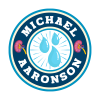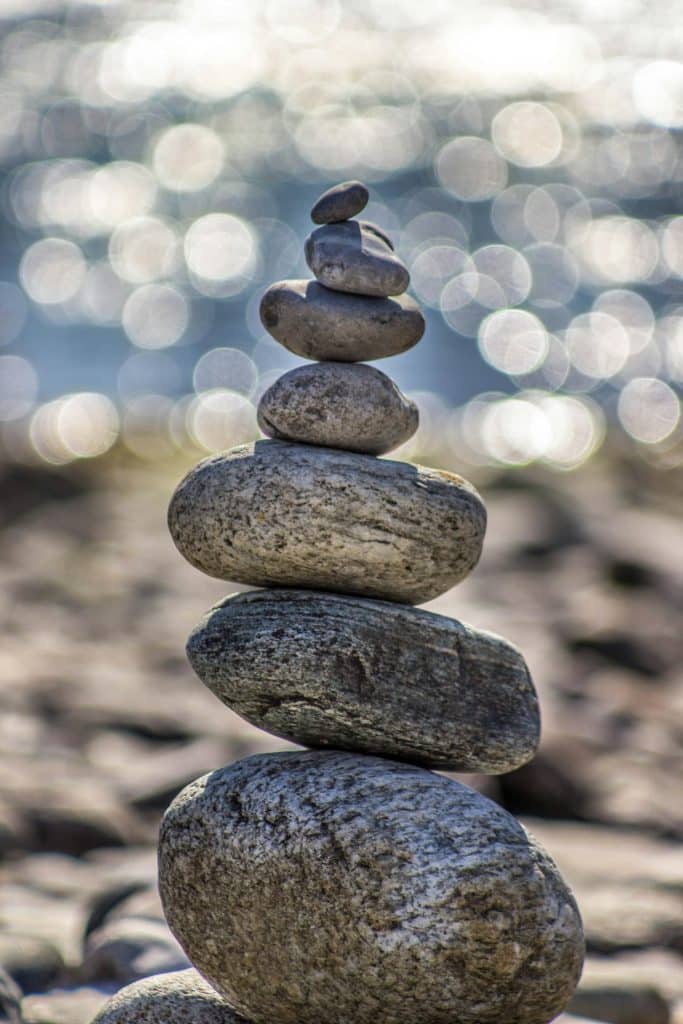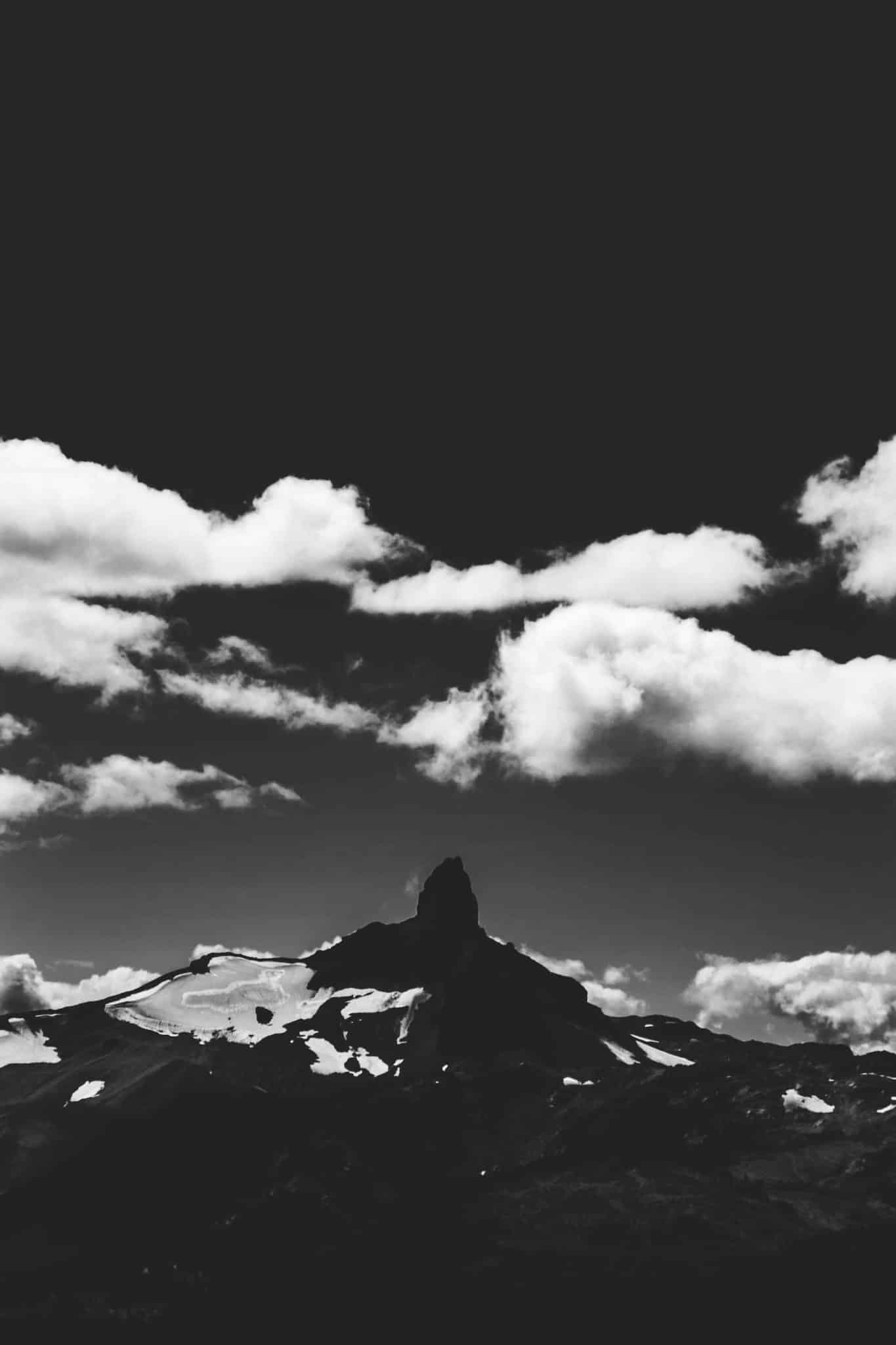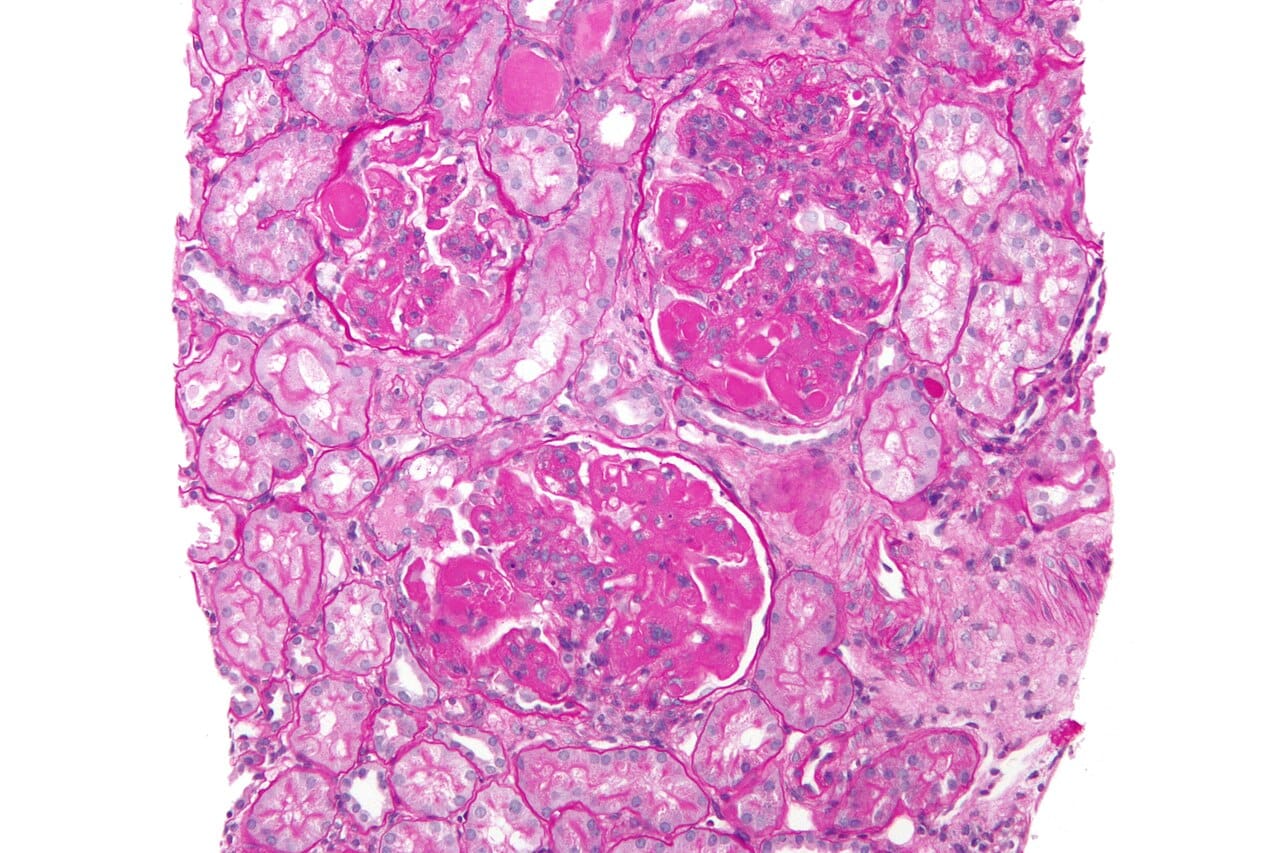Background: Patient presents with recurrent kidney stones. She could not retrieve the stone. Her urinalysis is shown. She tells you the kidney stones are recurrent and occur frequently.
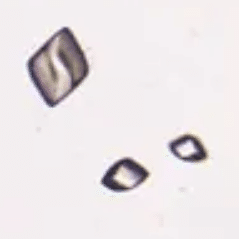
Please answer the following questions:
Which type of kidney stone does the patient have?
* Calcium oxalate stone
* Cystine stone
* Magnesium ammonium phosphate (struvite) stone
* Uric acid stone
Uric acid stone
Describe uric acid nephrolithiasis.
Uric acid nephrolithiasis is a type of kidney stone disease caused by the accumulation of uric acid crystals in the kidneys, potentially leading to painful urinary tract obstruction.
What dietary factors can influence uric acid nephrolithiasis?
Dietary factors such as a low intake of purine-rich foods and animal proteins can help reduce uric acid production in patients with uric acid nephrolithiasis.
How can uric acid kidney stones be dissolved?
Increasing urinary pH to make the urine less acidic and increasing urine volume can help dissolve almost two-thirds of uric acid kidney stones
What is the recommended daily water intake for nephrolithiasis treatment?
Drinking at least 2 liters of water daily is recommended to increase urine volume, an important treatment for all types of nephrolithiasis.
Adequate hydration helps prevent kidney stone formation by diluting urine and reducing the concentration of minerals that can form stones. Increasing urine volume through sufficient water intake is a key strategy in managing nephrolithiasis effectively.
Describe the role of potassium citrate in preventing uric acid kidney stones.
Potassium citrate, taken 2 or 3 times daily at 10 to 30 milliequivalents (mEq), is frequently used to decrease the risk of uric acid kidney stones.
Potassium citrate helps prevent uric acid kidney stones by increasing urinary pH, making the urine less acidic and reducing the likelihood of uric acid crystallization. Potassium citrate also inhibits the formation of stones by increasing citrate levels in the urine, which can prevent the aggregation of uric acid crystals (shown above).
When should consultation with urology be considered for uric acid nephrolithiasis?
Consultation with urology may be helpful depending on the size of the uric acid stone and the presence of hydronephrosis.
Consulting urology for uric acid nephrolithiasis is crucial for larger stones or if hydronephrosis is present. Urologists specialize in managing kidney stones and can provide tailored treatment plans based on individual factors like stone size and complications.
What medical conditions can influence the development of uric acid nephrolithiasis?
Medical conditions such as metabolic syndrome, obesity, diabetes mellitus, and hypertension can influence the development of uric acid nephrolithiasis.
Discussion:
Related Posts:
